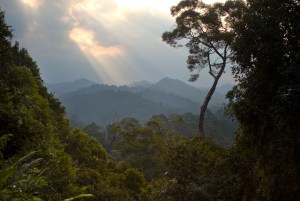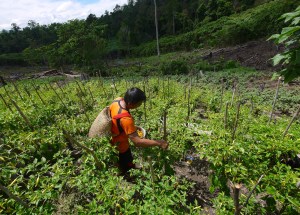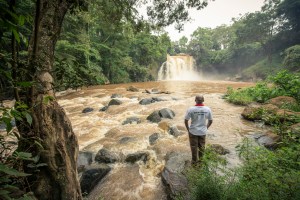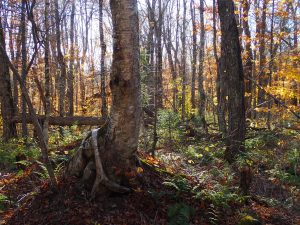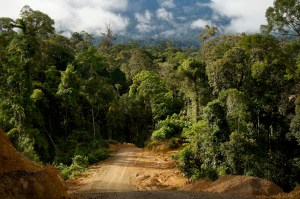Discover stories in Natural Climate Solutions
Soil Carbon: Complexity, Context + A Way Forward
Researchers highlight agreements and uncertainties around soil carbon and argue that “action can happen despite unanswered scientific questions.”
Incorporating Conservation Into Public Health Frameworks
New research incorporates conservation considerations into occupational health and safety frameworks.
Seaweed as Sustainable Livelihood
Seaweed farming can provide livelihoods for rural and indigenous women in Indonesia. How can this aquaculture be practiced sustainably?
How Much Does It Cost to Save Tropical Forests and Prevent Climate Change?
New research directly compares, for the first time, how much carbon dioxide could be removed from the atmosphere by both tropical reforestation and deforestation.
Deforestation Exposes Rural People to Dangerous Heat Stress
Rural Indonesians are changing their behavior as deforestation creates increased local temperatures.
Trees in the US Annually Prevent 1,200 Deaths During Heat Waves
High temperatures are often the greatest weather-related public health threat. Trees can help.
Experimenting with Water Funds + Behavior Change
Can targeted, farm-level recommendations spark adoption at the scale needed to ensure the city of Nairobi a sustainable water supply? TNC scientists are experimenting to find out.
Nature Can Be Cost Effective for Improving Urban Water Supplies
In the first rigorous, peer-reviewed study on water fund Return on Investment (ROI) for cities in Brazil’s Atlantic Forest, TNC […]
Seeing the Forest for Its Carbon Storage
In Maine, carbon offsets markets provide a new revenue stream to keep forestlands as forestlands.
A Tale of Two Paths to the World in 2050
Can the world actually meet people’s needs for food, water and energy while doing more to protect nature? Is it even theoretically possible? New science says, Yes, but there are a lot strings attached.
Human Health At Risk As Tropical Forests Disappear
Widespread forest clearing in Indonesia could be putting people’s health at risk, as trees provide powerful cooling services.
Saving Myanmar’s Timber Elephants
Logging elephants are an incredible part of Myanmar’s history — but they’re also key to help reduce the negative impacts that logging can have on the forests.



